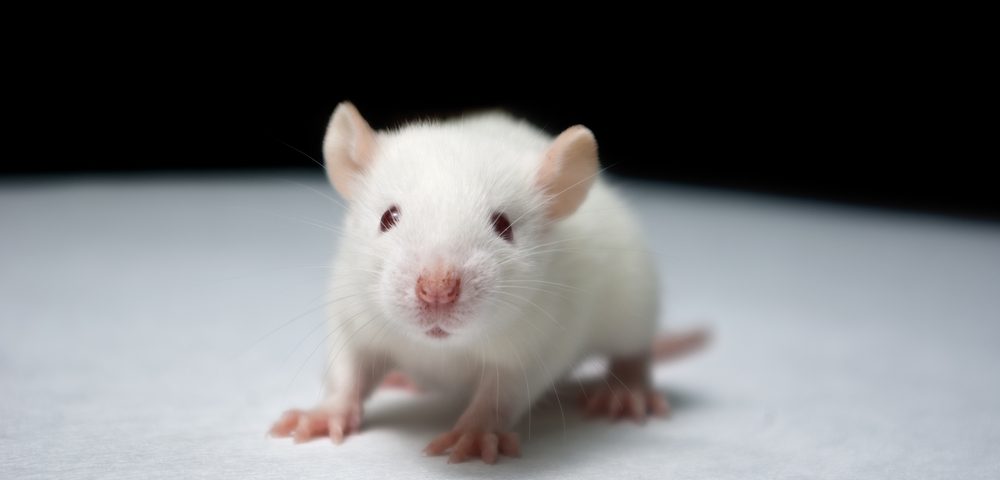Consumption of a low-protein diet during pregnancy and breastfeeding may increase the risk of male offspring developing prostate cancer later in life, a rat study suggests.
The study, “Maternal Low-Protein Diet Impairs Prostate Growth in Young Rat Offspring and Induces Prostate Carcinogenesis With Aging,” was published in The Journals of Gerontology: Series A.
The team of researchers at São Paulo State University’s Bioscience Institute (IBB-UNESP) in Brazil previously showed, along with others, that intrauterine exposure to a low-protein diet impairs prostate development in male rats early in life.
Their latest study shows that a low intake of protein extends negative effects beyond the progeny’s early days, increasing their chances of developing prostate cancer as they age.
Researchers performed experiments in laboratory rat models. Pregnant females were fed a diet with only 6% protein, much lower than their normal diet of 17% to 23% protein.
Females were divided into three groups: a control group fed the standard diet during pregnancy and lactation, a group fed the low-protein diet only during pregnancy, and a third group fed the low-protein diet throughout both pregnancy and lactation.
Results clearly revealed a higher incidence of prostate cancer in the offspring of females who had a low intake of protein.
As they reached middle age (540 days), no cases of prostate cancer were found in the male pups of females that had been on a standard diet.
In contrast, 33% of the male pups from those born to females on the low protein diet during pregnancy and 50% of those born to females on the low protein diet during both pregnancy and lactation had developed prostate cancer.
Precancer prostate lesions were found in all offspring groups, but only those raised by females with a low protein intake ended up developing cancer.
One explanation is that the mothers’ low protein consumption exposed their offspring to an estrogen-rich intrauterine environment which, in turn, predisposed prostate cells for a heightened response to estrogen later in life.
In fact, low protein intake led to an imbalance in the levels of estrogen and testosterone hormones. Middle-age males born to females fed a low-protein diet had significantly higher estrogen and lower testosterone levels than rats born to females fed the standard diet.
“It’s as if aging were a second insult to the organism, considering that the first was the low-protein diet in the initial stage of development,” Luis Antonio Justulin Jr., PhD, a professor at IBB-UNESP and senior investigator of the study, said in a press release.
Based on these findings, researchers are now trying to understand how a low-protein diet affects estrogen-testosterone balance and how this contributes to cancer development at older ages.
Preliminary results have started to provide some hints, showing that genetic messengers called messenger RNAs and microRNAs are abnormal in the animals with cancer.
“What’s interesting is that some of these molecules are also altered in human patients with prostate tumor,” Justulin said.
“While this result needs to be confirmed in humans, we identified that a maternal low protein diet acts as an important risk factor for rat offspring prostate cancer outcomes,” the researchers wrote in the study.

